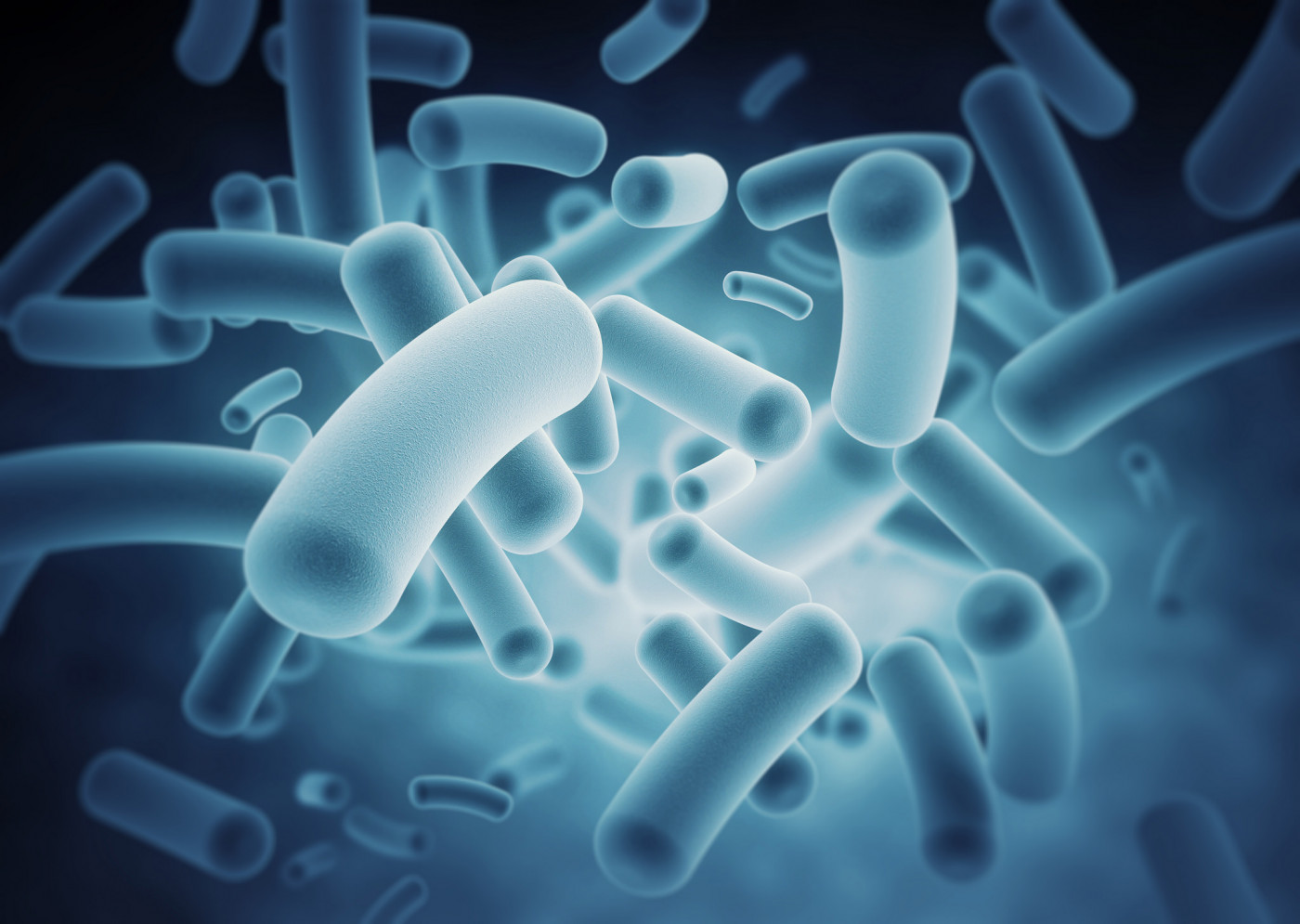Microbes in Gut Protect Nervous System After Viral Infections, Study Suggests
Written by |

sclerosis
Gut microbes prime immune cells called microglia to protect the brain and nervous system from neurological damage due to viral infections, according to new research in mice.
The findings suggest that maintaining a healthy and diverse microbiota — the population of bacteria, fungi, and viruses within the body, especially the gut — is key to efficiently clear viruses in the nervous system, and to prevent the disease-related changes that mark multiple sclerosis (MS) and other disorders, the investigators said.
The study, “The microbiota protects from viral-induced neurologic damage through microglia-intrinsic TLR signaling,” was published in the journal eLife, and conducted by researchers at University of Utah School of Medicine.
Viral infections in the central nervous system (CNS) are considered a potential cause of MS and other diseases. Such infections usually target CNS cells, which makes the work of virus-specific lymphocytes more difficult. These immune cells need to eliminate the virus while limiting possible long-term consequences to the host, like excessive inflammation.
According to the team, a better understanding of antiviral defenses may lead to more effective therapies to prevent or treat neurologic disorders like MS.
Increasing evidence suggests that microbiota in the gut impact microglia, a type of glial cell that acts as a first defender against infectious agents across the brain and spinal cord. Research has also indicated that gut microbes may influence viral infections, though results here are contradictory.
As different viruses can be associated with distinct effects of intestinal microbiota, the scientists focused on the mouse hepatitis virus that rapidly leads to alterations similar to those of MS, including loss of myelin — the insulating layer of nerve fibers.
“We wanted to investigate whether gut microbes could alter the immune response to a virus in the central nervous system, and whether this affects the amount of damage the virus causes,” David Garrett Brown, a graduate research assistant in the department of pathology at University of Utah Health, and the study’s first author, said in a press release.
Mice with a normal population of gut microbes were compared to germ-free animals, and to mice treated with antibiotics before the onset of disease.
Results showed that animals free of microbes or given antibiotics had a weaker immune response, an inability to clear the virus, a greater loss of myelin in the spinal cord, and worse paralysis.
These animals also had a lower number of virus-specific immune T-cells in the brain and fewer microglial cells, including the subset responsible for activating antigen-specific T-cells. Levels of CD86 and CD4, two proteins involved in initiating an immune T-cell response to antigens, were also decreased.
Subsequent experiments looked to identify molecules produced by gut microbiota to assist with microbial protection. Among other types of compounds tested, oral administration of toll-like receptor (TLR) ligands eased neurologic damage in germ-free mice, while also increasing the number of T-cells in the brain and helping to clear the viruses. Of note, TLR proteins are well-known for their role in defenses against microbial infection.
Specifically, the investigators found that activating microglia depends on signaling through the TLR4 protein — a member of the TLR family associated with chronic inflammatory conditions — as disrupting this protein within microglia aggravated viral-induced disease.
“We’ve shown that gut microbes protect infected mice from paralysis by turning on a specific pathway in central nervous system cells,” June Round, one of the study’s co-senior authors, said in the release.
“This work demonstrates that gut immune-stimulatory products can influence microglia function to prevent CNS damage following viral infection,” the team wrote.
The findings “emphasize the importance of maintaining a diverse community of bacteria in the gut, and that interventions to restore this community after taking antibiotics may be necessary,” Round concluded.


